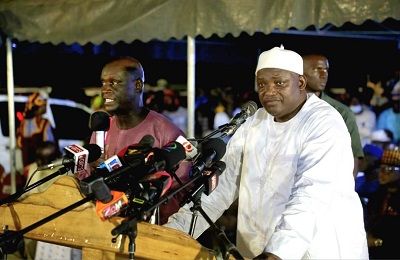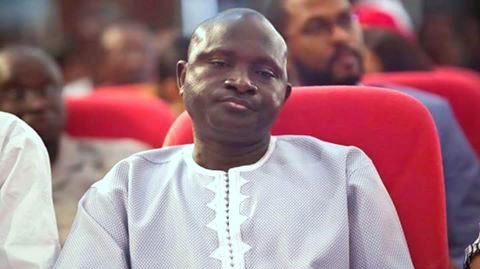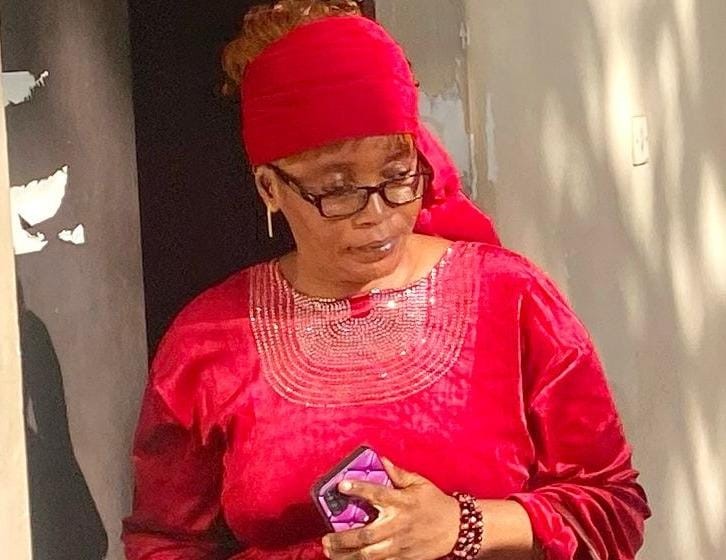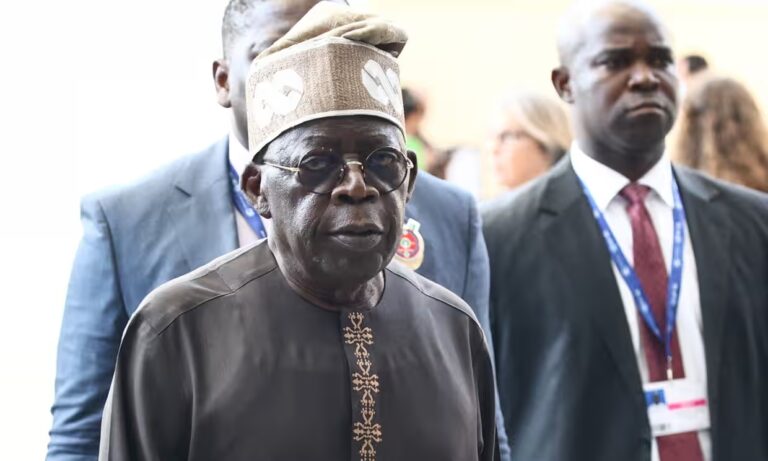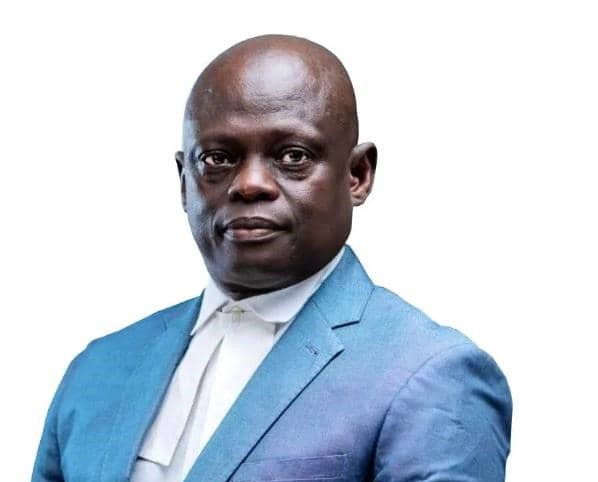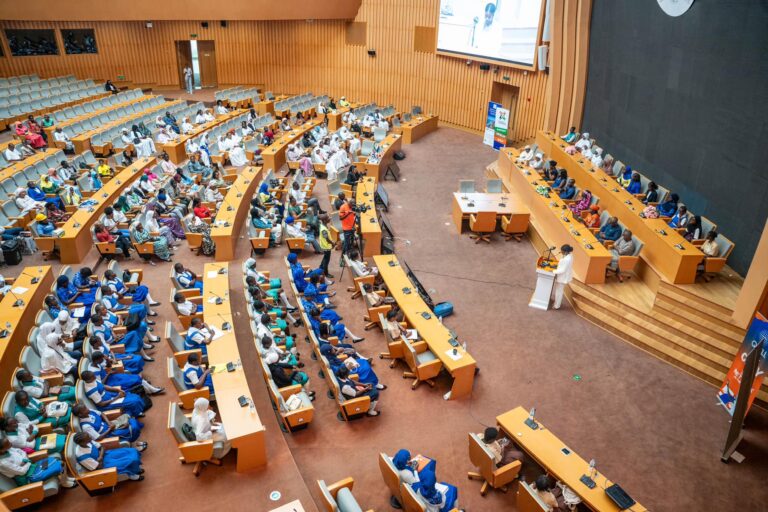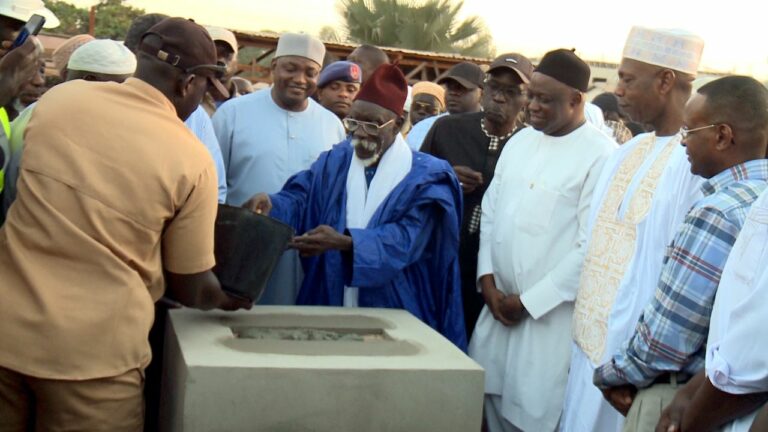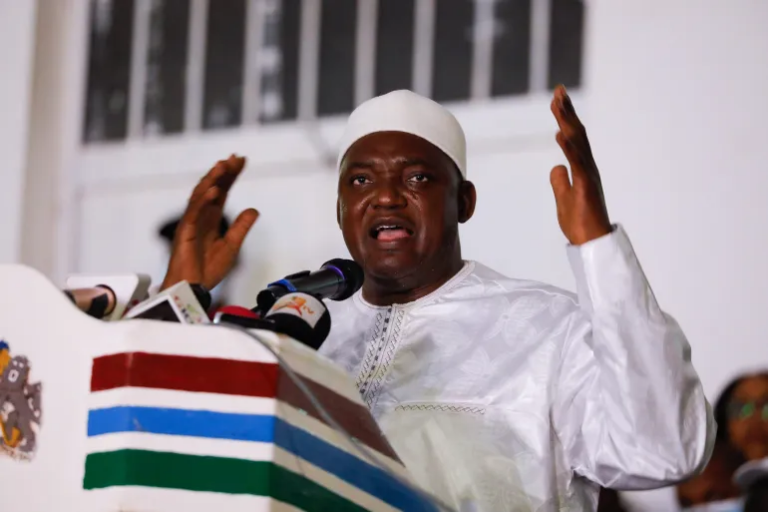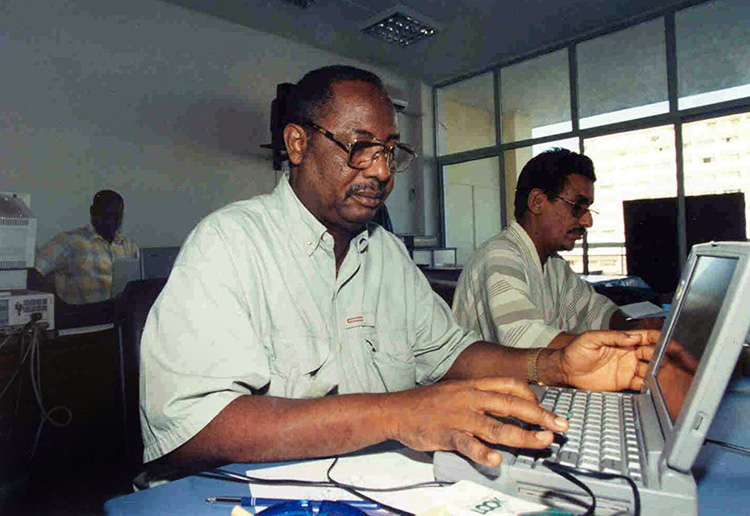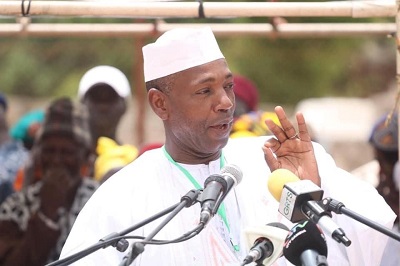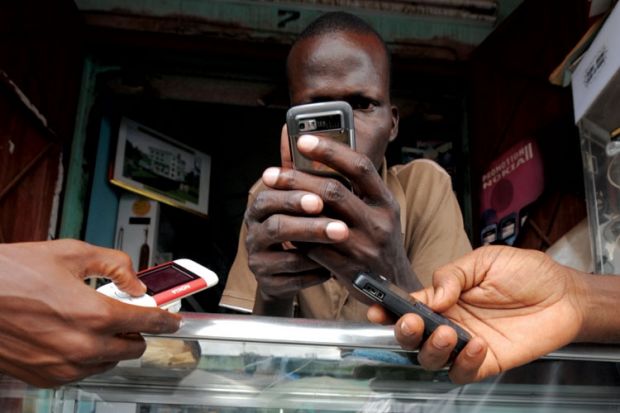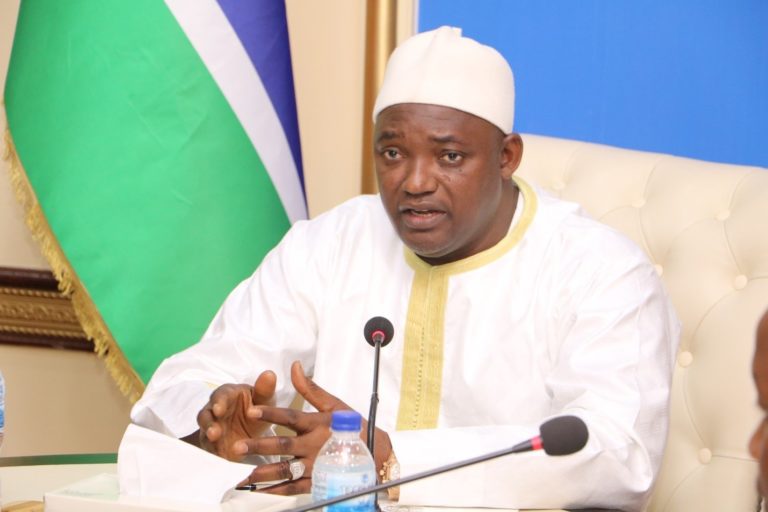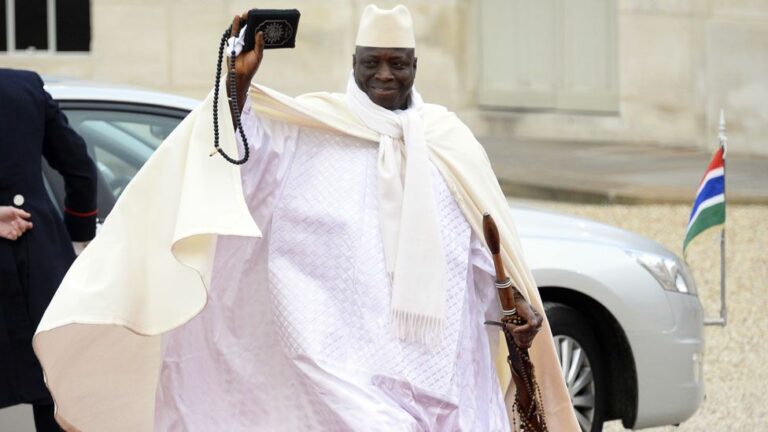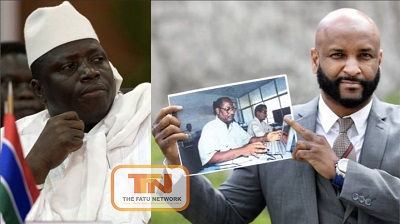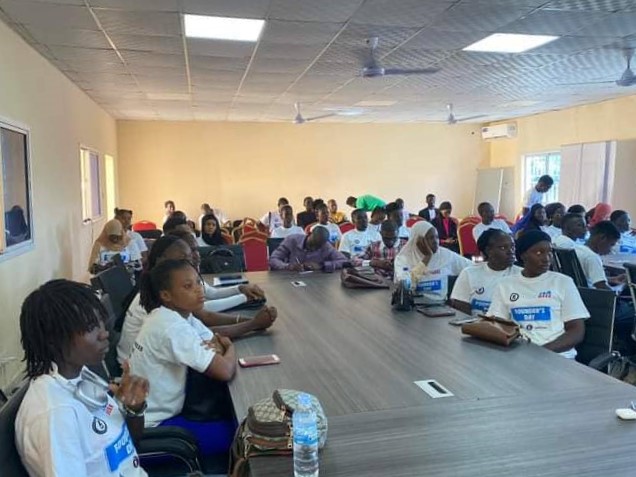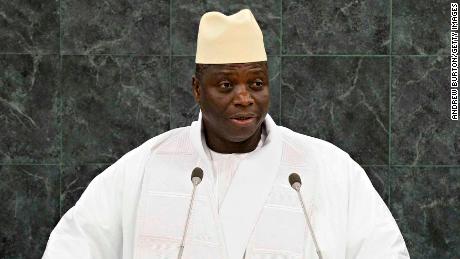By: Dawda Baldeh
President Barrow has labeled the opposition-led Kanifing Municipal Council as enemies of progress, accusing them of favoritism during the distribution of coronavirus relief support. Barrow made these statements at a joint meeting in Bundung, where he directly engaged with residents from various constituencies in the Kanifing Municipal Council.
During the meeting, the Gambian leader disclosed that when he announced the appointment of a coordinator for Banjul and KMC, some individuals, whom he referred to as opponents and haters, spread misinformation, claiming that the appointment of coordinators is illegal. “Fear a knowledgeable hypocritical person because he/she can destroy a country or generation and can be capable of destroying everything. May Allah protect us from knowledgeable hypocritical people,” he remarked.
Barrow emphasized that all other regions have government representatives, so why not Banjul and KMC, who would support government development agendas? He questioned the opposition to such appointments, stating that there is a gap in the councils that needs to be addressed for development.
“All the projects in KMC, if the coordinator was there, he would be a board member or chairman to supervise everything for the benefit of all,” Barrow explained. He argued that even if the current Mayor in KMC were from the ruling party, he could not represent the central government, let alone an opposition council.
“These are not only oppositions but oppositions who don’t want the development of the country. If you have these types of councils without a coordinator, there will be no development in such regions,” he warned. Barrow cited an example of the council’s mishandling during the distribution of COVID-19 relief food packages, alleging that they favored their supporters and neglected others.
Barrow announced that the new coordinators would be empowered to meet the expectations of the people. He revealed his determination to remove individuals in the government who sabotage his development efforts for the betterment of the country. “No one will waste our time. If you are not ready for development, we will remove you and move on because we want to develop this country. We have a lot of projects in the Kanifing Municipal Council, and we will continue,” he concluded.

